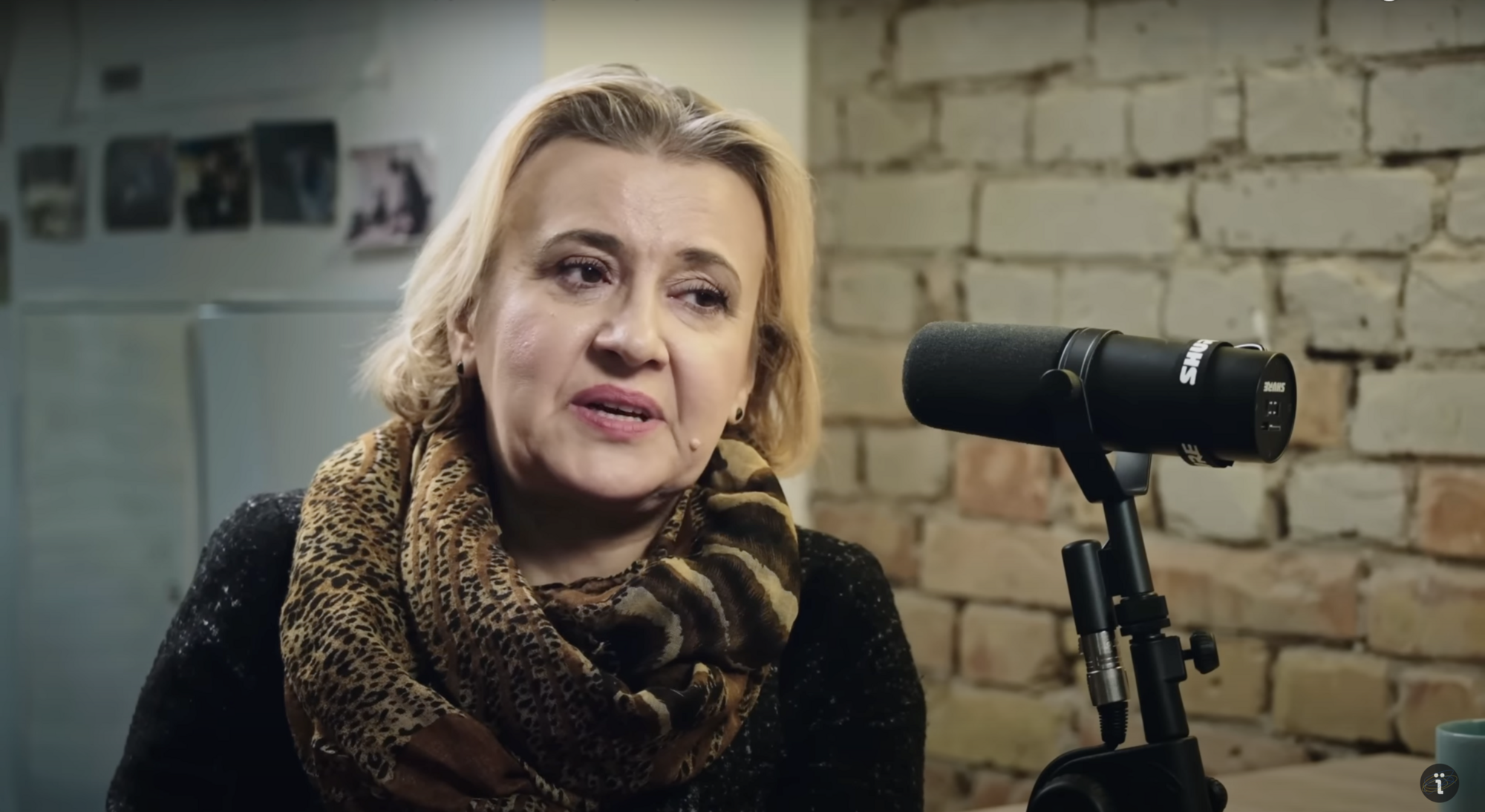Society
This is an intergenerational trauma: Zabuzhko explains what prevents many Ukrainians from switching to Ukrainian
Famous Ukrainian writer and literary critic Oksana Zabuzhko spoke out about the language issue in Ukraine. She explained that it is the intergenerational trauma that prevents many Ukrainians from switching to their native language. According to the author, this trauma cannot be cured by gentle Ukrainization, a single willful decision, or even economic coercion. However, it is possible and important to work through it in order to finally get a Ukrainian-speaking society.
Zabuzhko shared her thoughts and advice in an interview with Ukraїner. The interviewer asked her prominent interlocutor whether she thought that after the huge surge in Ukrainization that occurred after the full-scale invasion, this process is now regressing.
Zabuzhko commented: "We are experiencing a return to the Ukrainian language with every more or less significant social upheaval. That is, we have such waves. In this century, it happened after 2004. There is a wave, and there is a part of the rollback. As this wave goes on, some of the stones roll off. Then the next one comes again in 2014, another wave, after which some of the stones will roll off. And after the full-scale one, there is a massive one."
The writer went on to say that the biggest problem in Ukrainian society, which slows down or prevents many people from making the transition from Russian to their native language, is the same intergenerational trauma.
"The Russian-speaking Ukrainians, I'm not talking about Russians as an ethnic minority, this is a matter of the future. I'm talking about the Russian-speaking Ukrainians, i.e. those who have been Russified in the second, third, and fourth generations. This is a consequence of intergenerational trauma. It is the job of psychologists to explain to society what this is. It cannot be cured by a single strong-willed decision, calls for gentle Ukrainization, or even economic coercion, although we have never had it. It was perfectly possible for us to live in Ukraine for 30 years of independence and, as that fool (host Natalia Moseychuk - ed.) said, unwittingly betraying the essence, to spread Russian on our bread, not Ukrainian. A Freudian slip. "The Ukrainian language is not smeared on bread," she said. She was right. That's exactly the point: it doesn't. And that is why we need to grab the country's leadership by the white knuckles and hold them accountable for the fact that in the tenth year of independence, it is still not the language of this state that is used for bread, but the language of a neighboring state," Zabuzhko commented emotionally.
The writer explained that intergenerational trauma is something that a person has to work through individually. Zabuzhko advised perceiving, analyzing, and studying this issue on a personal level-in the format of family stories.
"Sooner or later, you realize that you were born into a Russian-speaking family because something bad happened to your grandparents or great-grandparents. Maybe not even with your grandparents, but with your parents. It's not just a matter of "this is how it happened historically and let's not talk about it." Why not talk about it? Because it hurts. And to realize that I have done something wrong and I have a chance and an opportunity to correct it, to go through the retrospective of this pain and shame is a challenge and a test for every person. And if you look at those who regress and those who do not regress, those who did this work spontaneously, who did it by feel, without consulting psychologists, but reached the point where they told themselves, or their friends, or someone else: "My father was Ukrainian-speaking from childhood, and then he went to school, and people laughed at him for being in Kharkiv, for being a ragoul. And my grandfather was Ukrainian-speaking, but he went to Siberia, and then got married, and they spoke Russian." And so on. Family stories come into play," Oksana shared.
Only verified information is available on our Telegram channel OBOZ.UA and Viber. Do not fall for fakes!




























